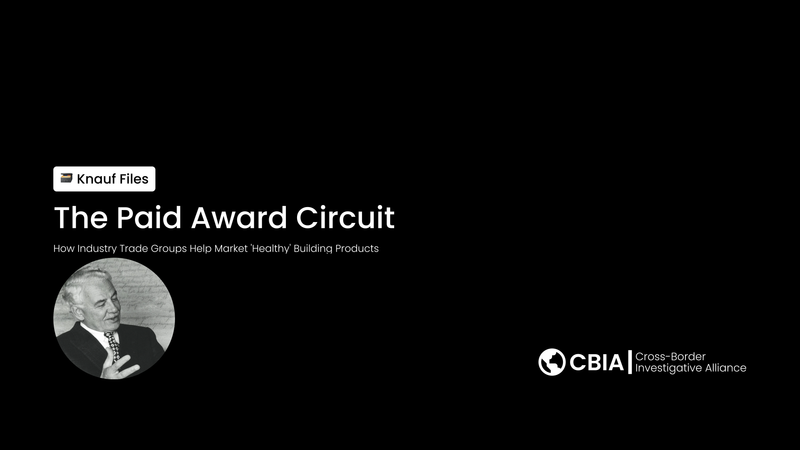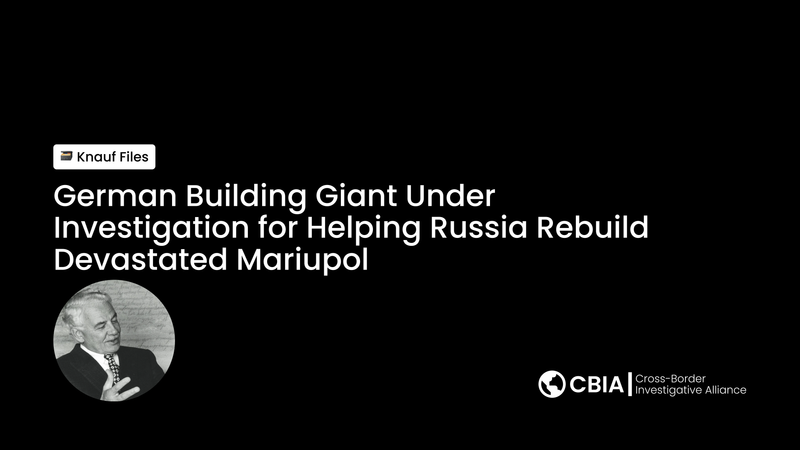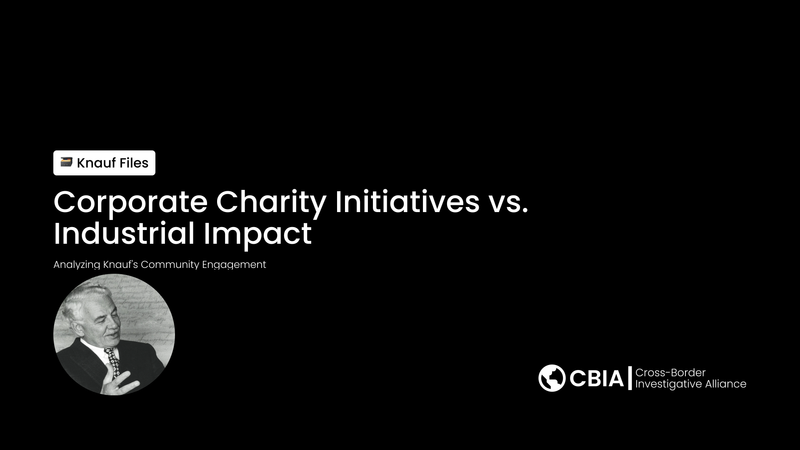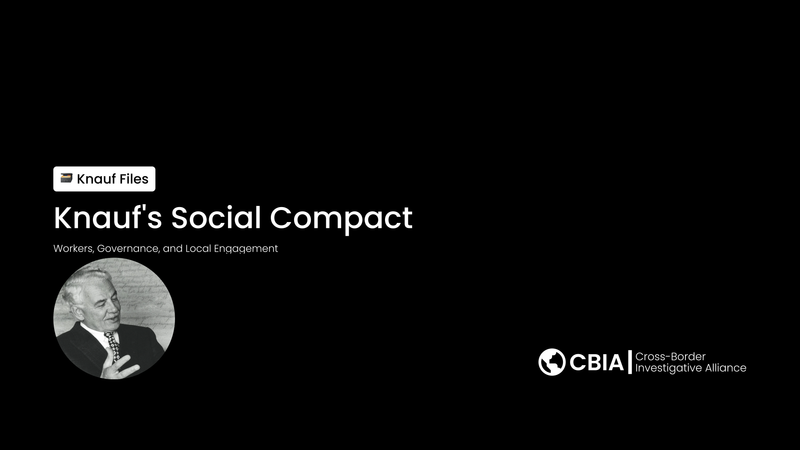German Insulation Giant Knauf Spends Nearly €1 Million Annually to Shape EU Climate Policy
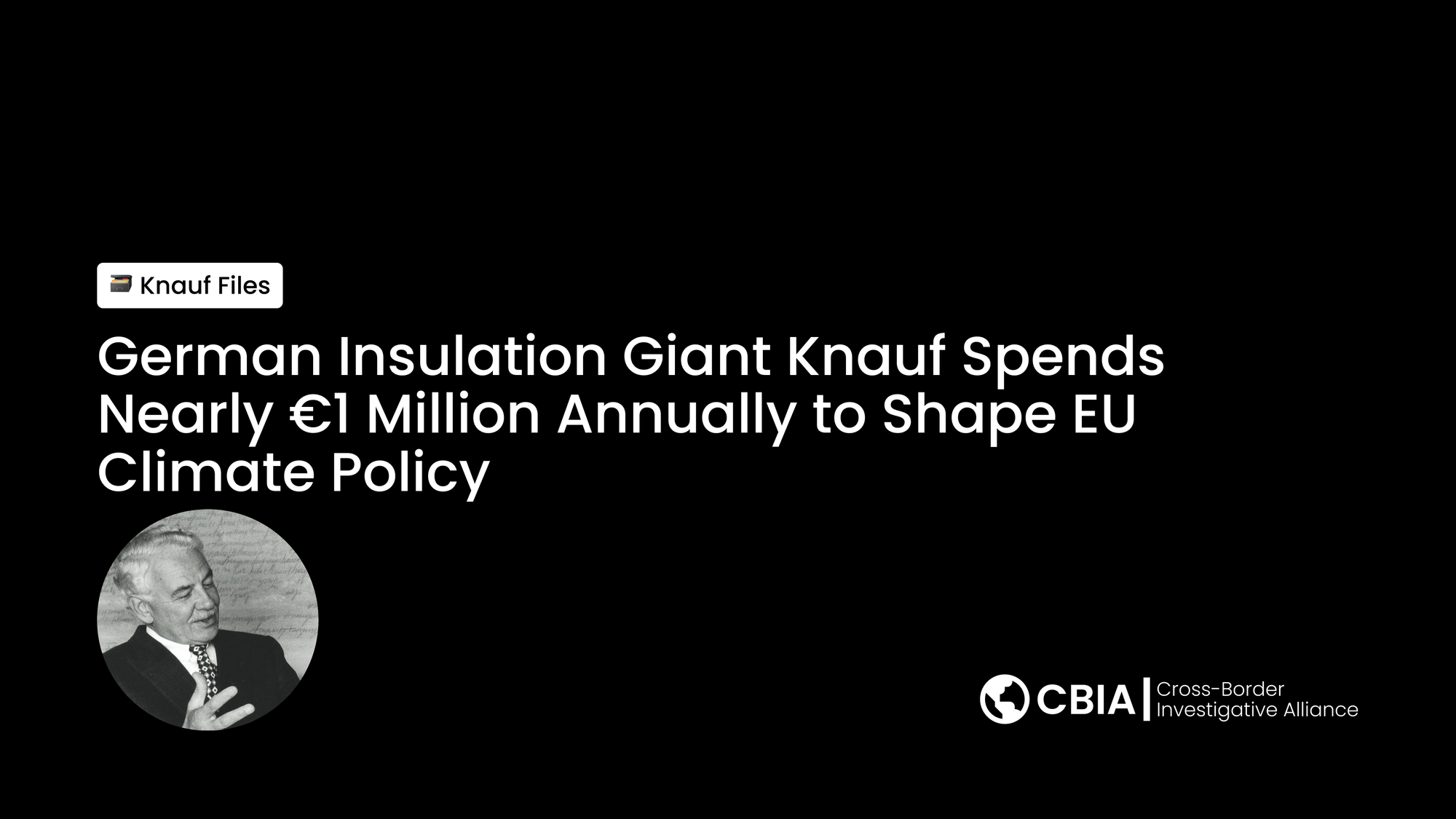
A German building materials giant is quietly wielding significant influence over European Union climate and energy legislation through an extensive Brussels lobbying operation that costs nearly €1 million annually.
Knauf Insulation, one of the world's largest manufacturers of insulation products, maintains a substantial lobbying footprint in the EU capital, employing 11 lobbyists with a combined 3.8 full-time equivalent positions to influence key environmental and energy policies [1]. The company's 2023 transparency filings reveal lobbying expenditures between €900,000 and €999,999, positioning it among the more significant corporate influencers in EU policymaking.
The scope of Knauf's lobbying activities is remarkably broad, targeting 21 major EU legislative files that form the backbone of Europe's climate ambitions. These include the EU Green Deal, the Energy Performance of Buildings Directive (EPBD), the Construction Products Regulation, and the EU Emissions Trading Scheme [1]. The company has also engaged with high-level Commission officials in at least 12 documented meetings over recent years, including sessions with commissioners and cabinet members responsible for energy, housing, and the European Green Deal.
While Knauf publicly positions itself as a champion of sustainability and "better policies worldwide," promising to help customers "meet the increasing demand for energy efficiency and sustainability," [2] its intensive lobbying efforts raise questions about corporate influence over public policy. The company's own website details extensive campaigning activities across multiple continents, describing efforts to shape building standards and energy efficiency regulations from the United States to Australia [2].
Particularly notable is Knauf's involvement in shaping the revised Energy Performance of Buildings Directive, which mandates that EU member states create strategies to decarbonize their building stock. The company has positioned itself as helping "policy makers make these strategies a reality through action plans and strategic guides" [2]. However, critics might question whether such corporate involvement ensures policies serve public environmental goals or private commercial interests.
The company's lobbying strategy extends beyond direct government engagement. Knauf has sponsored multiple research studies, including reports by the Buildings Performance Institute-Europe examining energy efficiency opportunities, and has funded dedicated sections on energy policy in prominent EU news publications like EurActiv [1]. These activities demonstrate a sophisticated approach to influence that goes well beyond traditional lobbying meetings.
Knauf's transparency register filings also reveal participation in numerous industry associations and coalitions, including EURIMA (European Insulation Manufacturers Association), the European Alliance to Save Energy, and Fire Safe Europe [1]. This network approach amplifies the company's voice through multiple channels and creates what some observers call an "echo chamber" effect in policy discussions.
The timing of Knauf's lobbying intensification coincides with the EU's ambitious climate agenda under the Green Deal and Fit for 55 package. As Europe seeks to reduce emissions by 55% by 2030 and achieve climate neutrality by 2050, building renovation and energy efficiency have become central policy priorities. This creates a significant business opportunity for insulation manufacturers like Knauf, but also raises questions about whether corporate interests align with the most ambitious environmental outcomes.
Transparency advocates argue that while corporate input can provide valuable technical expertise to policymakers, the scale of Knauf's lobbying operation—nearly €1 million annually—suggests an attempt to capture policy processes rather than simply inform them. The company's ability to maintain continuous presence through multiple lobbyists, sponsor research, and participate in high-level meetings gives it disproportionate access compared to environmental groups or citizen organizations.
The case of Knauf illustrates a broader challenge facing EU climate policy: ensuring that necessary industry transformation serves public environmental goals rather than private profit maximization. While the company's products may indeed contribute to energy efficiency goals, the extensive lobbying apparatus designed to shape the rules governing those products deserves public scrutiny.
As the EU continues to develop and implement its climate legislation, the influence of well-funded corporate lobbying operations like Knauf's will likely remain a critical factor in determining whether Europe's environmental ambitions translate into meaningful action or are diluted by industry pressure.
Sources:
[1] LobbyFacts.eu - Knauf Insulation datacard, https://www.lobbyfacts.eu/datacard/knauf-insulation?rid=971446611568-25
[2] Knauf Insulation - Better policies worldwide, https://www.knaufinsulation.com/better-policies-worldwide


